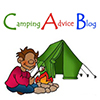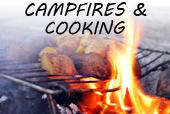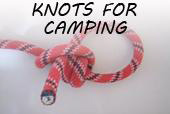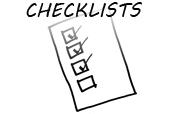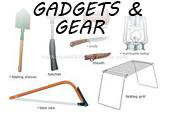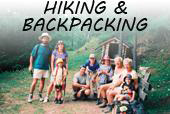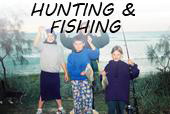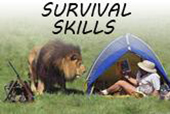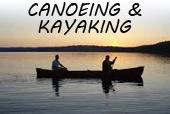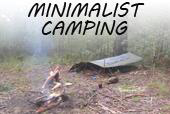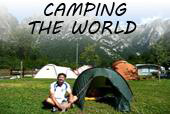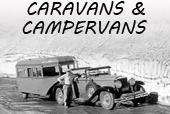Veteran campers the world over prefer to be camping in the old fashioned camping tents. But with the wide variety of tents available in the market, it becomes very hard to understand what they should buy. This article describes the essential criteria that you and your friends would want in a tent that is right for you and your friends.
Contemplate Your Basic Requirements
When you and your friends go shopping for a tent keep in mind one thing above all else, shelter is a priority. You should also watch for good stability with sturdy tent poles, secure tent grommets, double sewn seams and good strong zippers. How many people will you camp with? Even if there is only one or two of you camping you might still want extra floor area for storing gear during bad weather or storing food.
Analyze Tent Sizes
Put your thinking cap on when you venture into the choice of tent shape. Consider the shape of a tent.
-Dome Tent: Not particularly stable [especially in bigger tents] but a generally excellent design for maximizing the height of a tent
-Tunnel Tent: This is a fine design to maximize tent floor room but not increase the weight
-Vis-�-vis Dome Tent: A stable design [especially for larger tents] and efficient use of room
-Frame Tent: An older design fine for large family tents but usually very heavy and difficult to pitch
-Ridge Tent: An older design rarely seen in new camping tents. Needs guy lines to maintain structure
-Semi Geodesic Dome Tent: A self supporting tent design that is very stable and reasonably lightweight
-Fully Geodesic Dome Tent: A heavy tent design due to the extra pole but the most stable design
Tents all have characteristics that corresponds with the price and usage. Space, shape, stability and weight are all factors to think about. Your camping spot along with when you camp and how many will camp all play a part in the tent shape you need. Camping in conditions where you get a lot of wind will mean you need the more stable tent type.
Contemplate Tent Weight
The weight and carrying size are also very important to most outdoor enthusiasts. Your typical three season tent that hold three people weighs around four to nine pounds. The weight is given by the manufacturer usually on the tent’s hang tag. The given weight should include tent body, the rain fly,stuff sack and the tent poles. Light and small yet rugged single camper camping tents [often called bivi bags] have just the basics for survival and weigh as little as one or two pounds in total. These are the preferred tent of choice for rock climbers and minimalist campers. Family and expedition camping tents are usually over 20 pounds. Four season tents are typically heavier than a three season camping tent by 10% to 20%.
Once you buy your tent and head out for your next camping trip set it up in your yard. Become familiar with how to set it up and take it down and if you have all the poles and stuff. Set up a family camp out in the back yard so you can see if it really does suit your needs. Don’t get a surprise at the camp site suddenly caught in a rainstorm trying to read the instructions! Make a list of all your gear before you head out. Don’t be surprised later. After you are ready, head out to Strathgartney Campground in Churchill, Prince Edward Island in Canada.
